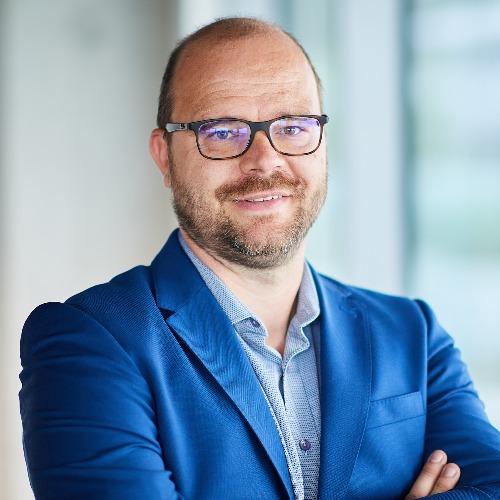The recent COVID-19 pandemic has exposed the existing weaknesses of the national healthcare systems. Indeed, it has highlighted the importance of crisis preparedness, resilient healthcare systems and coordination among European countries. The EU4Health programme is the European Commission’s response to the COVID-19 crisis and EU’s largest health programme. The actions funded by the programme go beyond crisis response and COVID-19 recovery as it aims to commit to a healthier Europe by improving international cooperation and contributing to more resilient and accessible health systems. The programme targets four main themes: health promotion and disease prevention, crisis preparedness, healthcare workforce and digital health with a focus on cancer.
Call topics and eligible activities
The second wave of open calls under the EU4Health programme was recently launched and focuses specifically on reducing the burden of non-communicable diseases (NCDs). NCDs such as cardiovascular diseases, diabetes and cancer account for 80% of deaths in Europe. Each call focuses on a different topic:
- Cardiovascular disease and diabetes prevention
This topic includes activities supporting the definition of public health guidelines, the preparation and roll out of new policy approaches, the pilot test of innovative practices, and other actions such as training and forming partnerships, health communication or health literacy. All these activities should aim at reducing health inequalities.
- Cancer and other NCDs prevention
Activities within this topic should complement the Joint Action on ‘Cancer and other NCDs prevention – action on health determinants’ led by the Member States that is structured in two subtopics:
1) Addressing health determinants related to cancer and
2) Addressing health determinants related to NCDs other than cancer.
Projects eligible for funding should address one of the two subtopics. Eligible activities can include the involvement of civil society organisations complementing the Member States’ efforts in the design, planning and implementation of best practices, the production of public health guidelines and patients’ and caregivers’ consultations. In addition, other actions that can benefit citizens directly, the preparation and roll out of innovative practices (pilot test), and actions such as training and forming partnerships, health communication or health literacy can also be considered. All activities should also aim at reducing health inequalities.
- Roll-out of the second cohort of the inter-speciality cancer training programme
Activities in this call involve the upskilling and reskilling of healthcare professionals (doctors, nurses, and other specialised staff) addressing skill gaps and better equipping the health workforce with personnel trained in cancer care. Organising a dissemination event to present the outcomes of the training and strengthen the networking of trainers and trainees in the EU is also considered.
- Support structured dialogue on public procurement in the health sector
Assessment of public procurement in the health sector at national and/or regional level through collective intelligence. The aim is to develop new or improved national/regional strategies on public procurement that increase the resilience and efficiency of current practices. This assessment should be organised by relevant national/regional stakeholders that will involve interested Member States’ authorities.
Eligibility criteria
- National authorities, public health and educational institutions, civil society organisations and other companies in the health sector are eligible applicants for funding.
- Applicants must be legal entities established in one of the eligible countries where the activities are taking place: EU Member States, eligible non-EU countries and countries associated with the EU4Health programme.
- For topics 1 and 2, a consortium should consist of at least 3 entities from 3 different eligible countries. At least one entity should have activities linked to Ukraine or work with displaced people from Ukraine in the field of diabetes and/or cardiovascular disease (prevention).
- For topic 3, a consortium should consist of at least 15 eligible entities in at least 7 different eligible countries.
- For topic 4, a consortium should consist of at least 3 independent entities from 3 different eligible countries. All members of the consortium must be organisations involved in public purchases made for hospitals in accordance with the EU public procurement rules. At least one member should have public procurement experience in the health sector in the last ten years and at least one member should have experience in such an assessment.
- The recommended duration of the projects in topics 1 to 3 is 36 months, and for topic 4 between 12 and 18 months.
Available budget
The total budget envelope for the second wave of calls amounts to € 28 M and can be increased by a maximum of 20%. The maximum grant amount per project depends on the topic call and is presented below. The grant will reimburse up to 60% of the eligible costs.

Timing
Proposals must be submitted electronically via the Funding and Tender Portal Electronic Submission System by 21 February 2023 at 17:00 (CET). Evaluation results will be announced in May or June 2023. The projects may start after the Grant Agreement signature.
To find out more on this opportunity and on how we can assist you, please reach out to Bart Wyns (bart.wyns@pwc.com) or Willem Gruyters (willem.gruyters@pwc.com) of the PwC Incentives Hub.
